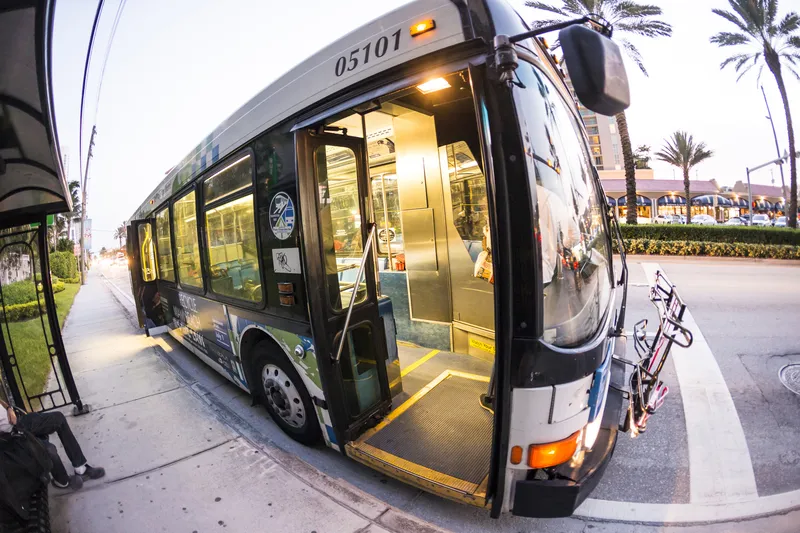The Brazilian government is to invest US$1.46 billion in the construction of the metro project in Curitiba, Parana, as part of the accelerated growth program for mobility, bringing the total investment in transportation to US$2.4 billion. The city will also receive US$408 million to expand the bus rapid transit system by an additional 32 kilometres, plus US$87 million for the construction of bus lanes and further bus rapid transit expansion projects.
November 1, 2013
Read time: 1 min
The Brazilian government is to invest US$1.46 billion in the construction of the metro project in Curitiba, Parana, as part of the accelerated growth program for mobility, bringing the total investment in transportation to US$2.4 billion. The city will also receive US$408 million to expand the bus rapid transit system by an additional 32 kilometres, plus US$87 million for the construction of bus lanes and further bus rapid transit expansion projects.
Announcing the projects, Brazilian president Dilma Rousseff praised the partnership between the state and municipal governments in their work for mobility.
Announcing the projects, Brazilian president Dilma Rousseff praised the partnership between the state and municipal governments in their work for mobility.









